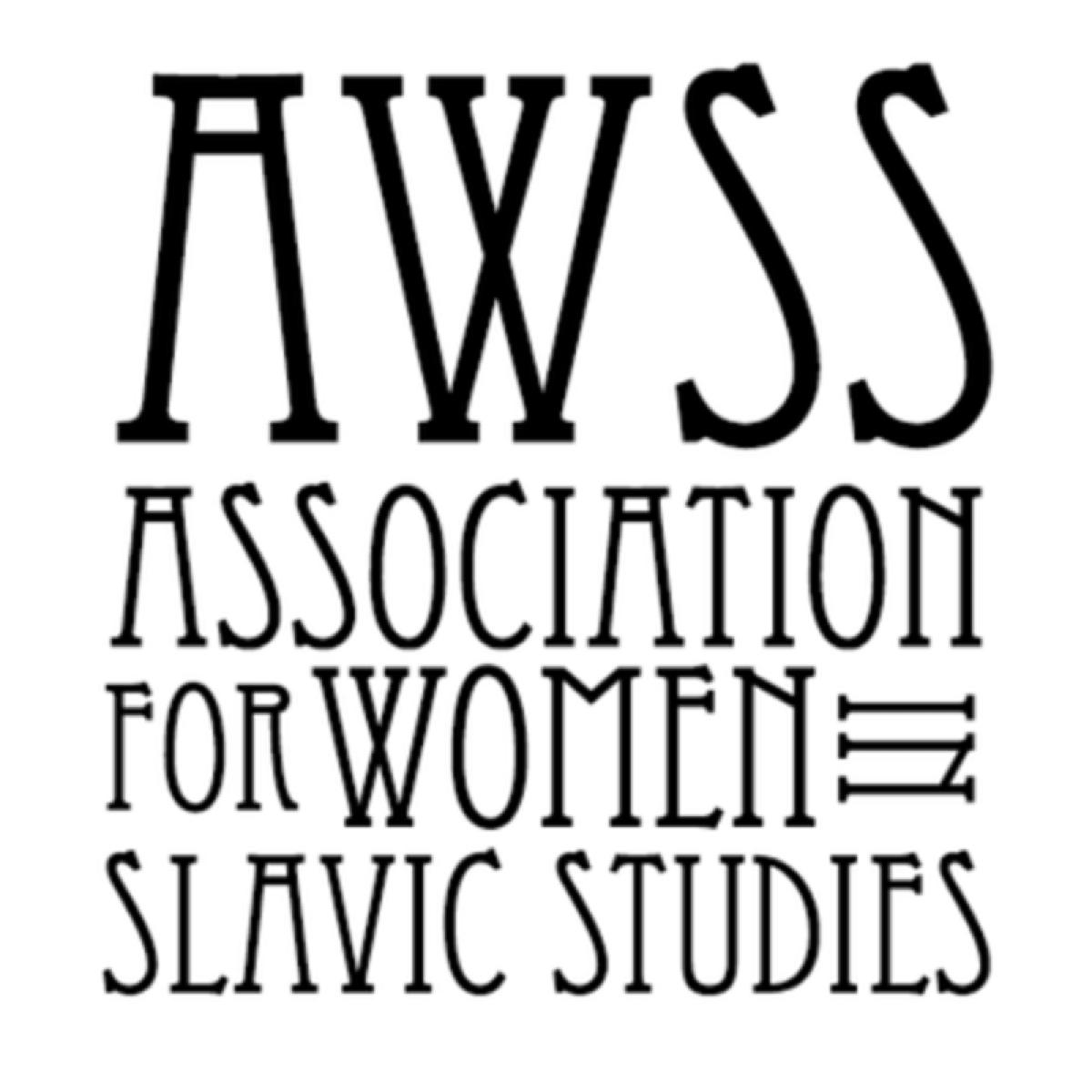Call for Chapters: Cognitive Approaches to Slavic Cultures
Please email Tom Dolack (dolack_thomas@wheatonma.edu) with a title and abstract, or with any questions, by March 31
Caucasus
ARISC Graduate/Postdoctoral Fellowship 2022-23
The American Research Institute of the South Caucasus (ARISC) announces the availability of graduate/postdoctoral fellowships in support of research in the South Caucasus (Armenia, Azerbaijan, and Georgia). During their stay in the South Caucasus, the fellow is expected to give an ARISC-sponsored public presentation on a subject related to their research. The fellow will acknowledge ARISC in any publication that emerges from the research carried out during the fellowship. Funding for this fellowship is provided by ARISC General Funds.
Deadline: Friday, December 9, 2022
Apply here: https://arisc.org/arisc-graduate-postdoctoral-fellowship-2022-23/
National Endowment for Democracy
ASSISTANT PROGRAM OFFICER/PROGRAM OFFICER FOR, SOUTH CAUCASUS
Location: Washington, District of Columbia, United States
Full-timeCOVID-19 remote
the The Kentucky Foreign Language Conference (KFLC) is pleased to invite scholars from all disciplines in Slavic, Eurasian, and East European studies to submit proposals for individual papers and panels at its annual meeting to be held from Thursday, April 20 through Saturday, April 22.
Please Visit https://kflc.as.uky.edu/ <https://kflc.as.uky.edu/> to learn more about the conference, create an account, and upload your abstract(s) by 11:59pm on Tuesday, November 1, 2022.
Twenty Fourth Annual Midwest Medieval Slavic Workshop at the University of Chicago
April 22, 2022
10:15 a.m. – 2 p.m. (Chicago time)
(via Zoom)
Join Zoom Meeting
https://uchicago.zoom.us/j/95929117048?pwd=VGxkbG5reWUrSXVndnVSRENjdndsQT09
Meeting ID: 959 2911 7048
Passcode: 158145
Please join CEERES for our annual Director’s Lecture series on Tuesday, April 19, at 5:30 PM (US Central Time).
In person attendance will be located in the Social Sciences Tea Room, 1126 E. 59th Street, 2nd Floor.
Online attendees should register at the following link: https://uchicago.zoom.us/webinar/register/WN_RYm9xv5bTEGHojz7ScIOjw
Endings in crisis: pandemic narratives in times of conflict
Dora Vargha, Professor of History and Medical Humanities based jointly at Humboldt University in Berlin and the University of Exeter, will give the CEERES Director's Lecture.
Interested in integrating the Armenia, Azerbaijan, and Georgia into your courses? Apply today to join us this summer for a curriculum development workshop on the South Caucasus! The American Research Institute of the South Caucasus (ARISC) in conjunction with the Russian, East European, and Eurasian Center’s (REEEC) Summer Research Lab at the University of Illinois at Urbana-Champaign invite applications for the 2022 Teaching the South Caucasus workshop, a five-day forum focusing on curricular development for post-secondary educators, with a priority given to community college and minority serving institutions (CC/MSI). The deadline to apply is Monday, January 31, 2022
IN-PERSON AND VIRTUAL CONFERENCE, March 31-April 2, 2022
The Association for Women in Slavic Studies welcomes paper proposals from scholars engaged in research on the role of gender in understanding acts of violence, including epistemological and discursive violence, and the power dynamics of gender in the Slavic, East European, and Eurasian regions. We seek paper submissions that will discuss the breadth of gender-based violence which may include examples from war, ethnic and racial conflicts, displacement, state policies, domestic and sexual abuse, trafficking, suppression of LGBTQ+ identities, and violence emanating from other contexts.
The deadline for submissions is January 14th, 2022.
Pagination
- Page 1
- Next page










